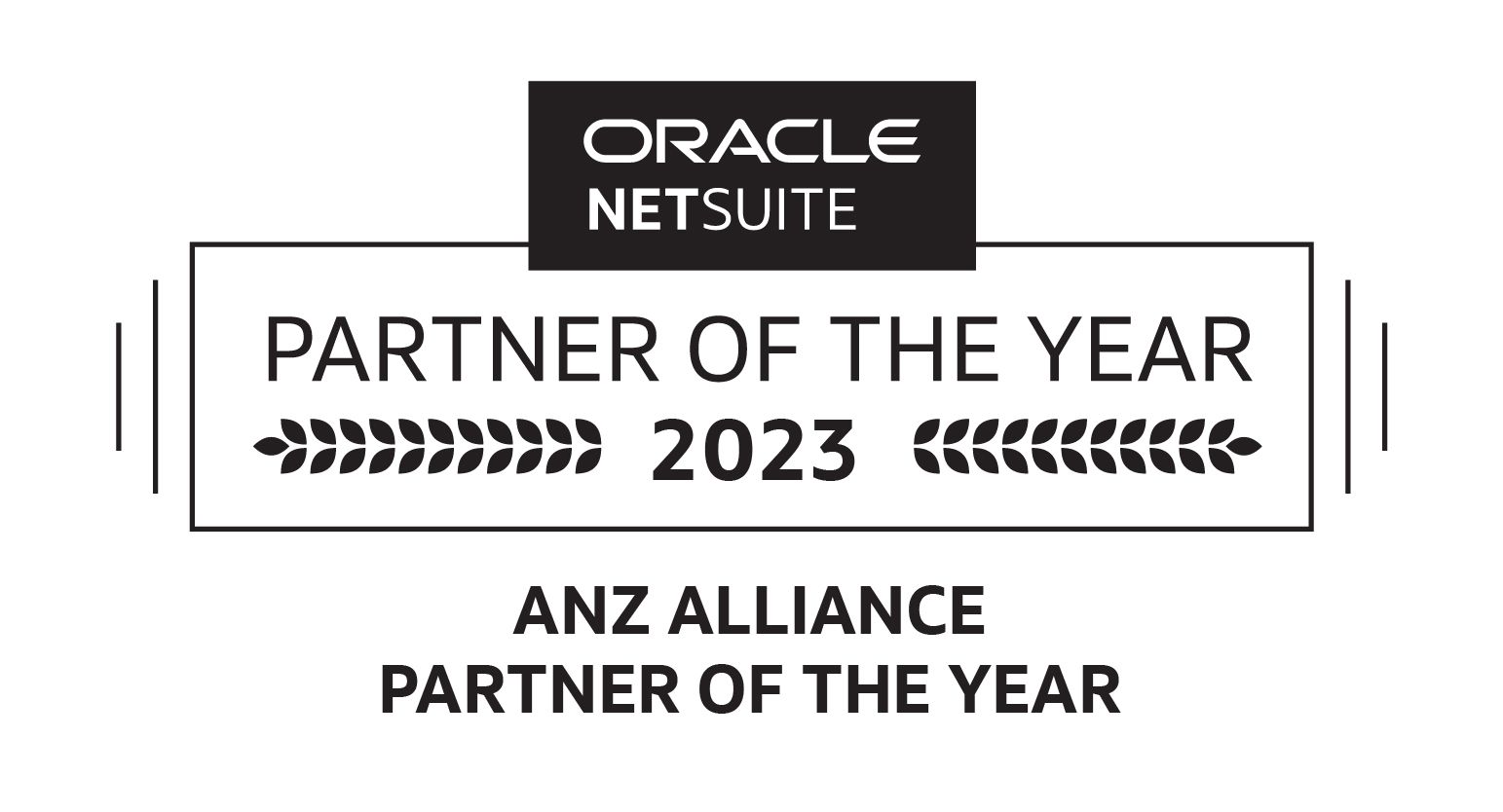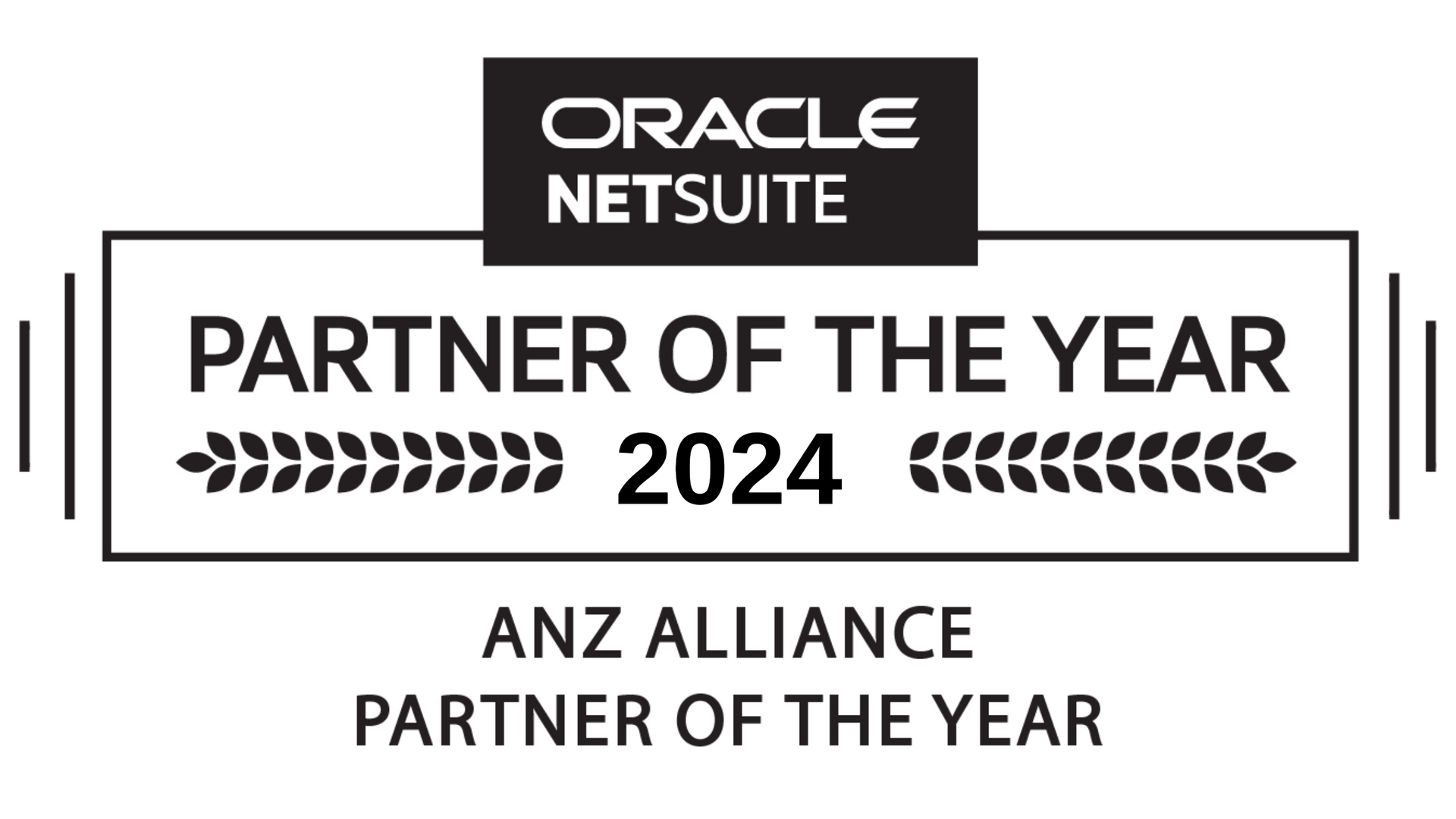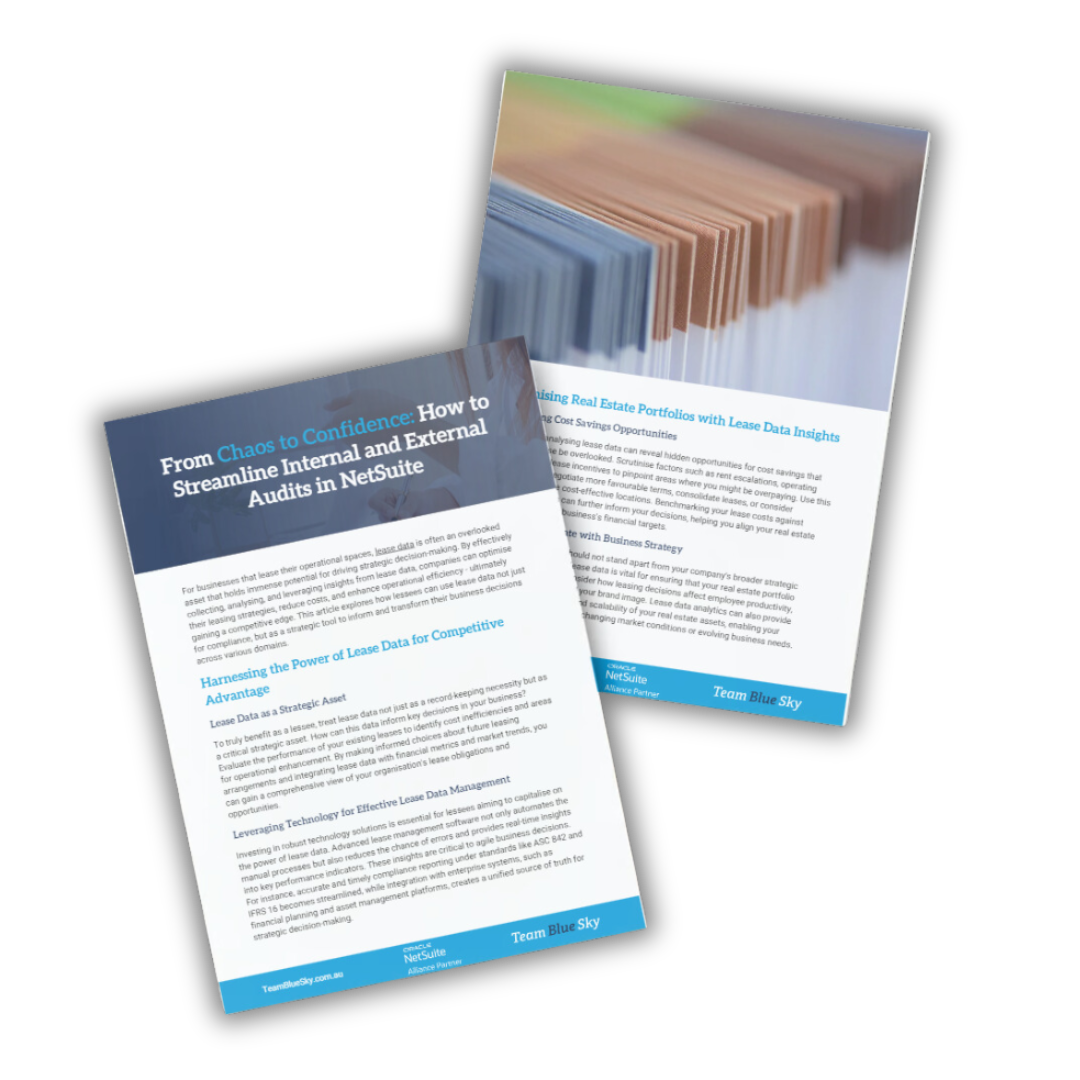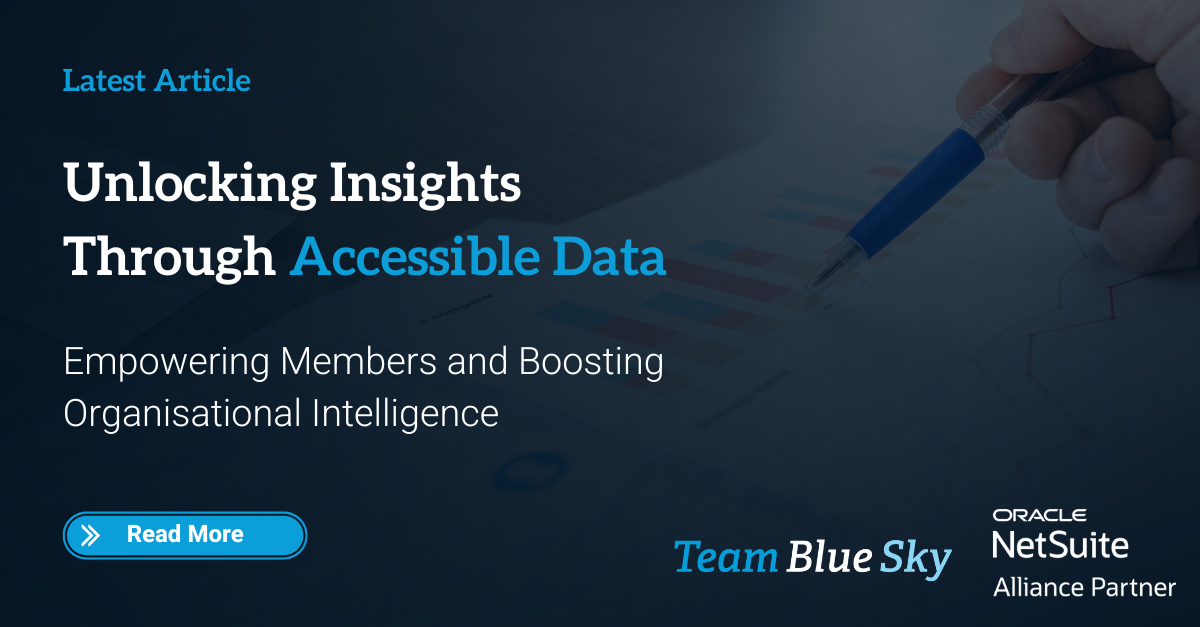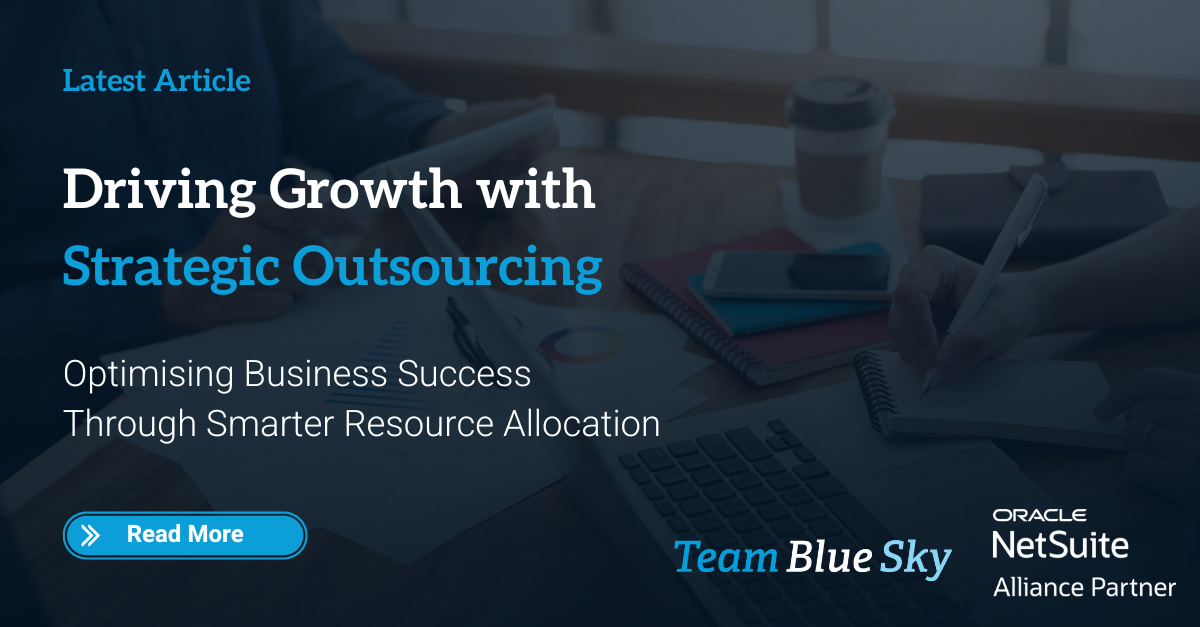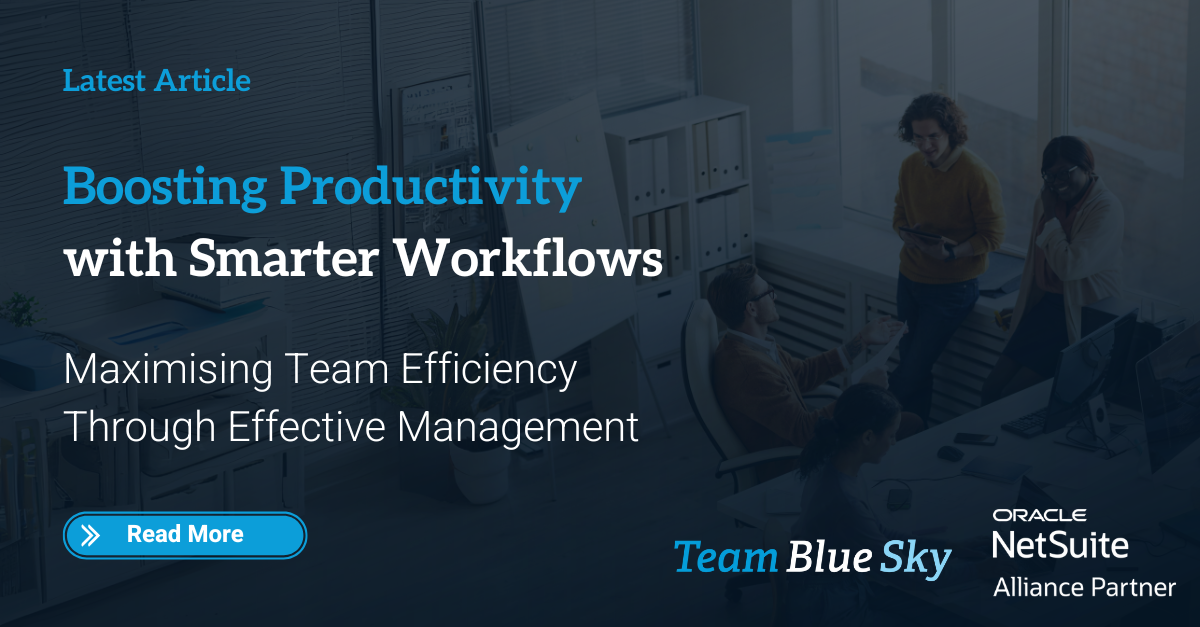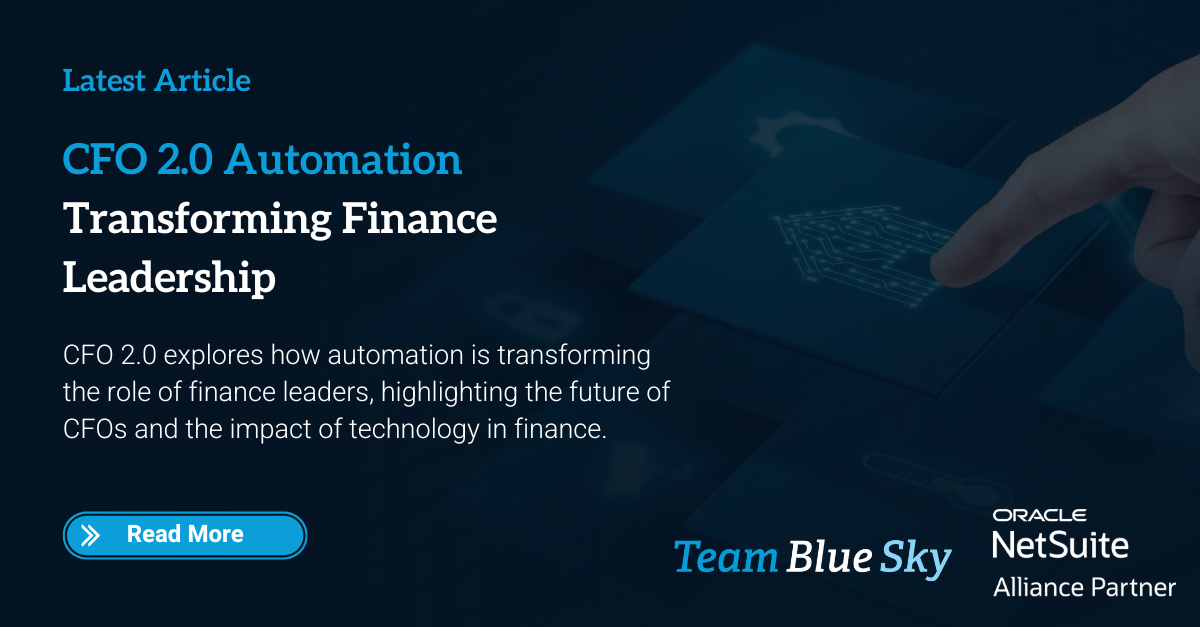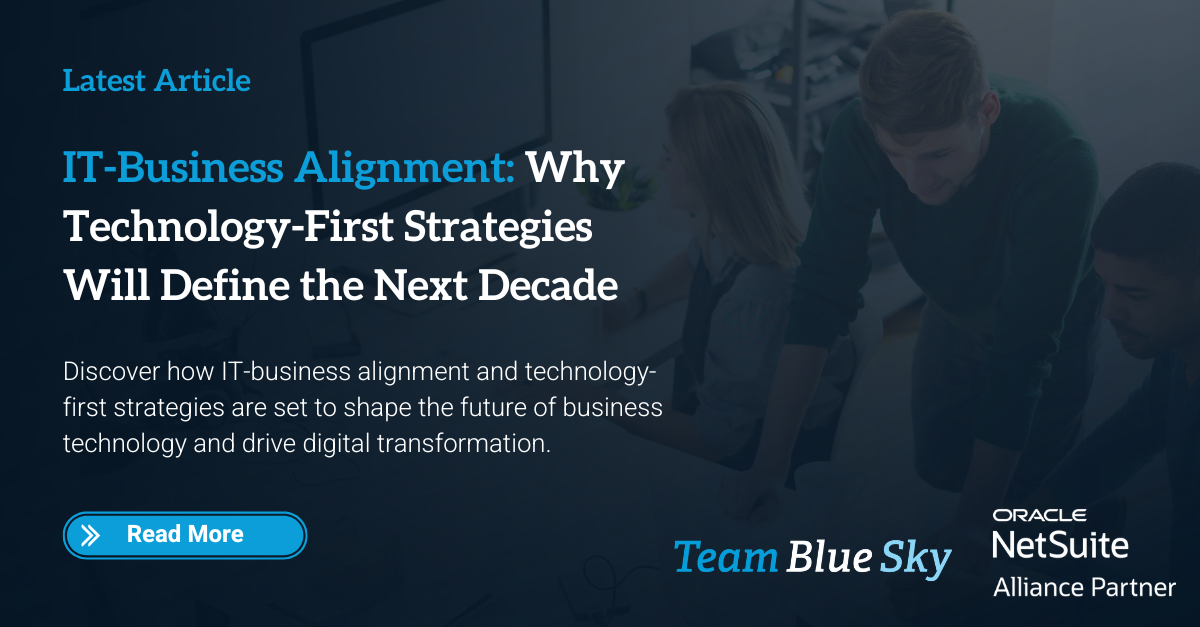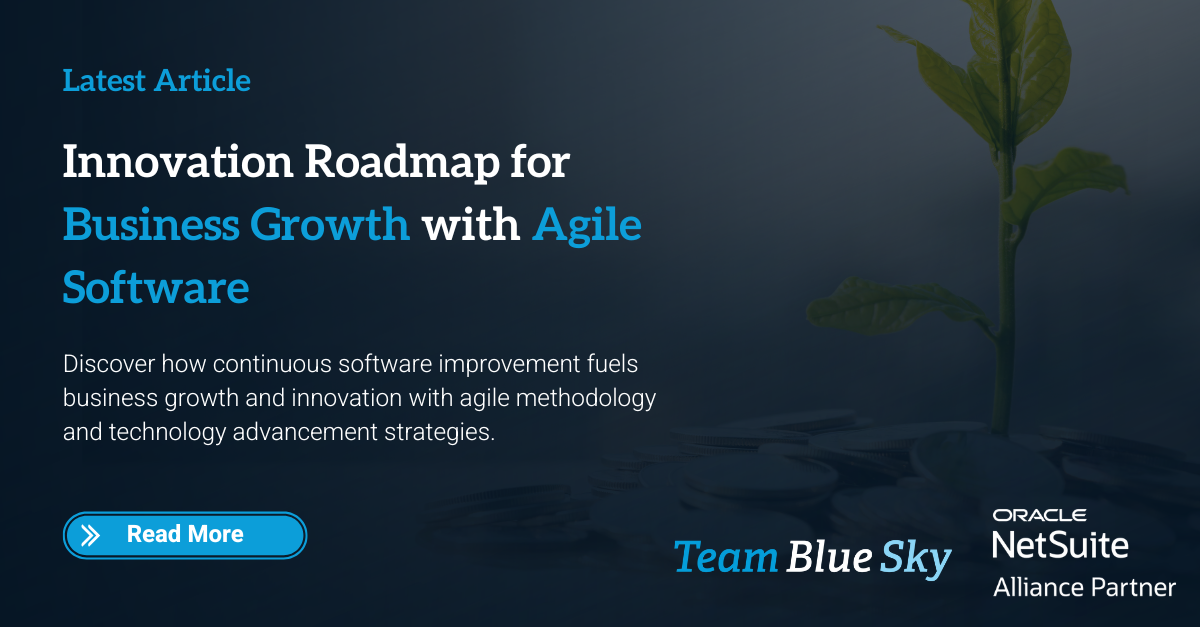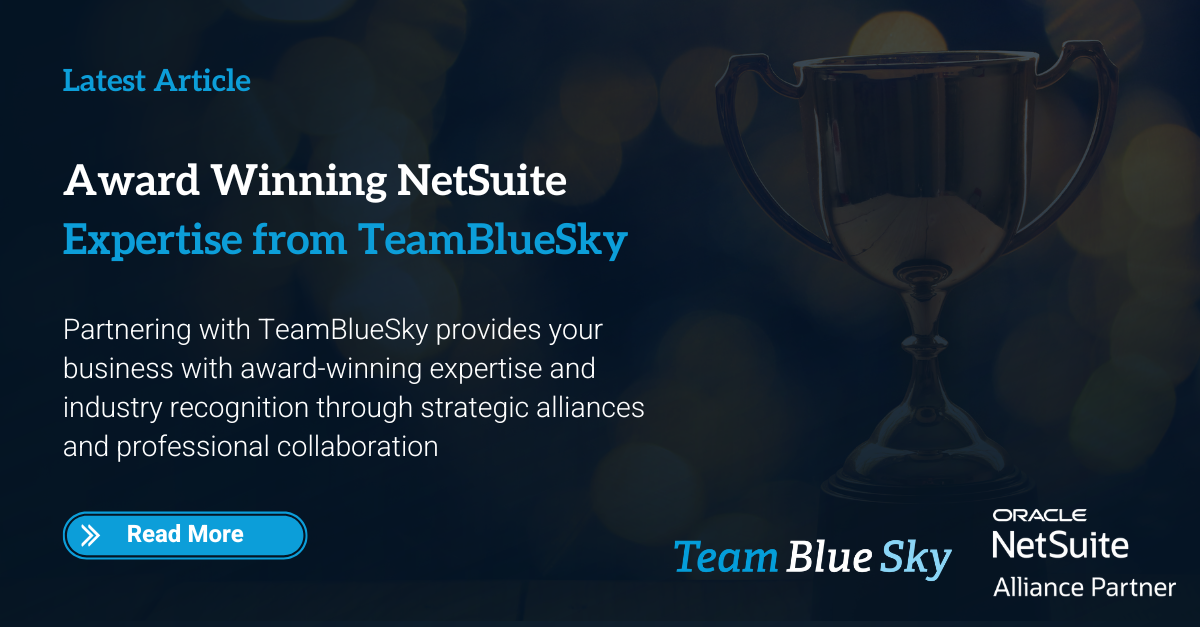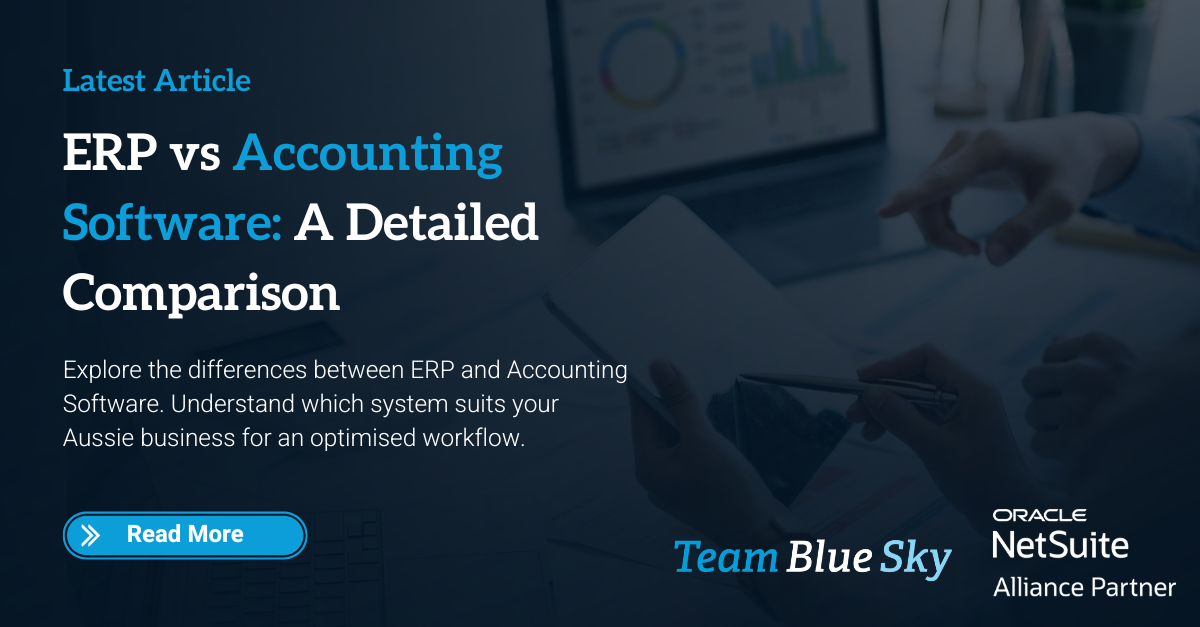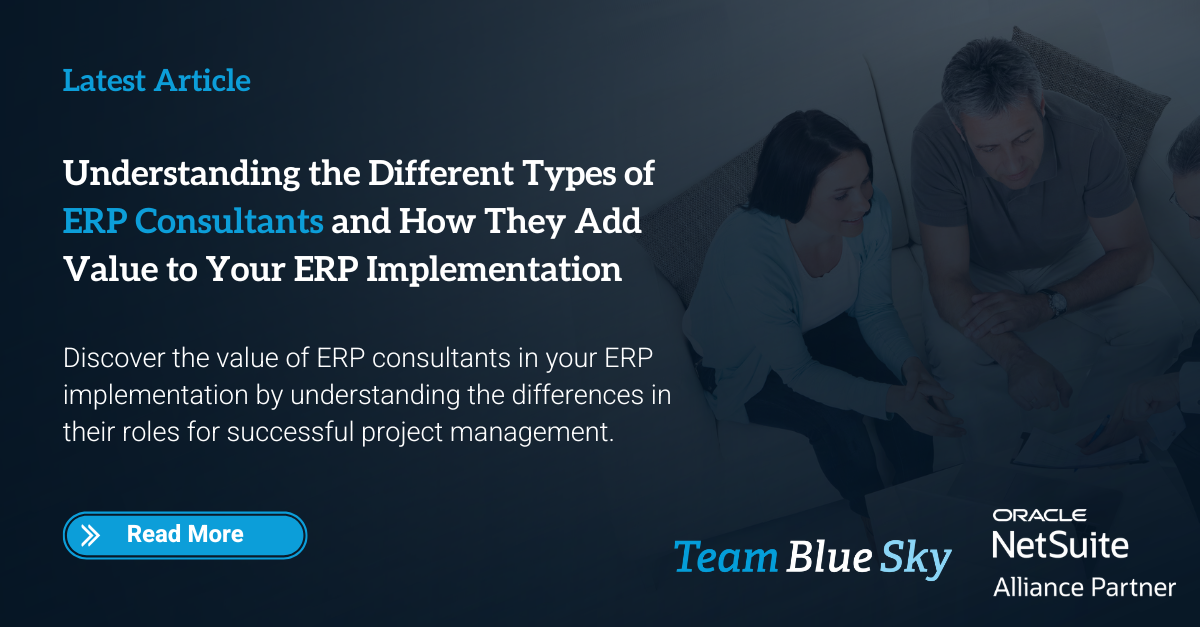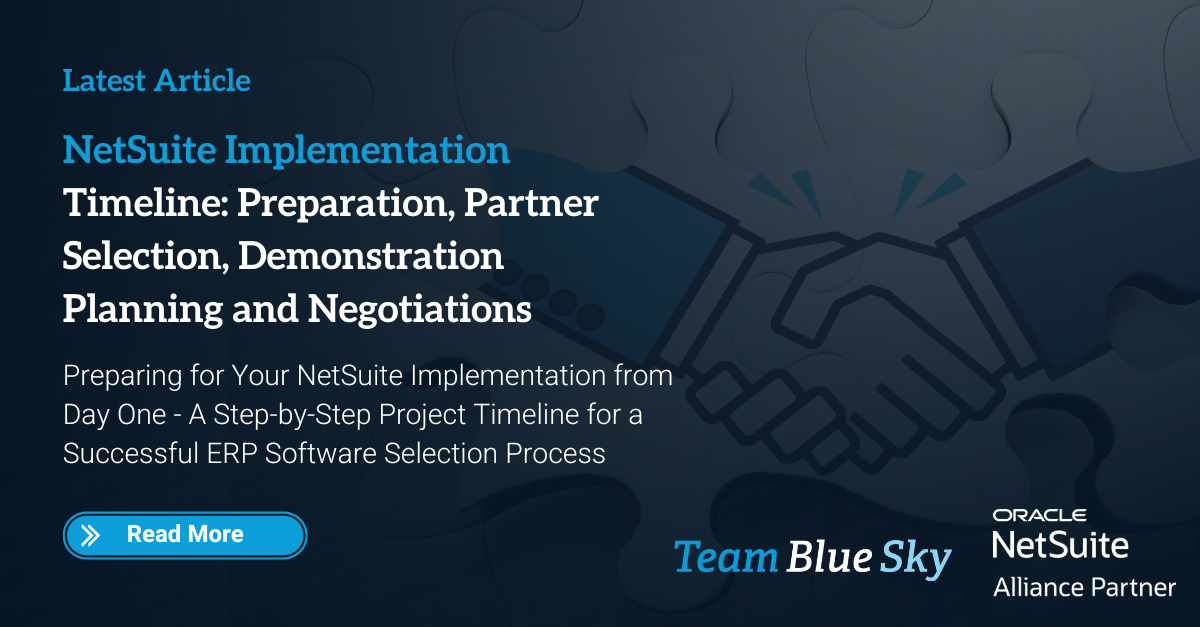From Chaos to Confidence: How to Streamline Internal and External Audits in NetSuite
For businesses that lease their operational spaces, lease data is often an overlooked asset that holds immense potential for driving strategic decision-making. By effectively collecting, analysing, and leveraging insights from lease data, companies can optimise their leasing strategies, reduce costs, and enhance operational efficiency - ultimately gaining a competitive edge. This article explores how lessees can use lease data not just for compliance, but as a strategic tool to inform and transform their business decisions across various domains.
Harnessing the Power of Lease Data for Competitive Advantage
Lease Data as a Strategic Asset
To truly benefit as a lessee, treat lease data not just as a record-keeping necessity but as a critical strategic asset. How can this data inform key decisions in your business? Evaluate the performance of your existing leases to identify cost inefficiencies and areas for operational enhancement. By making informed choices about future leasing arrangements and integrating lease data with financial metrics and market trends, you can gain a comprehensive view of your organisation's lease obligations and opportunities.
Leveraging Technology for Effective Lease Data Management
Investing in robust technology solutions is essential for lessees aiming to capitalise on the power of lease data. Advanced lease management software not only automates the manual processes but also reduces the chance of errors and provides real-time insights into key performance indicators. These insights are critical to agile business decisions. For instance, accurate and timely compliance reporting under standards like ASC 842 and IFRS 16 becomes streamlined, while integration with enterprise systems, such as financial planning and asset management platforms, creates a unified source of truth for strategic decision-making.
Optimising Real Estate Portfolios with Lease Data Insights
Identifying Cost Savings Opportunities
As a lessee, analysing lease data can reveal hidden opportunities for cost savings that might otherwise be overlooked. Scrutinise factors such as rent escalations, operating expenses, and lease incentives to pinpoint areas where you might be overpaying. Use this information to negotiate more favourable terms, consolidate leases, or consider relocating to more cost-effective locations. Benchmarking your lease costs against industry standards can further inform your decisions, helping you align your real estate expenses with your business's financial targets.
Aligning Real Estate with Business Strategy
Real estate decisions should not stand apart from your company's broader strategic objectives. For lessees, lease data is vital for ensuring that your real estate portfolio supports these goals. Consider how leasing decisions affect employee productivity, customer satisfaction, and your brand image. Lease data analytics can also provide insights into the flexibility and scalability of your real estate assets, enabling your business to adapt quickly to changing market conditions or evolving business needs.
Driving Operational Efficiency with Lease Data
Enhancing Space Utilisation
Lease data offers valuable insights into how effectively space is utilised within your organisation. As a lessee, use this data to optimise layouts and improve efficiency. Analysing occupancy rates and utilisation patterns, along with employee feedback, can help you identify opportunities to consolidate space, design collaborative areas, and plan for future growth. This will not only reduce costs but also boost employee productivity and satisfaction. Additionally, informed decisions about subleasing or investing in technology for flexible work arrangements can be made based on accurate lease data.
Improving Facility Management Practices
Effective facility management is another critical area where lease data can make a significant impact. Tracking lease-related expenses helps identify potential savings in maintenance and utility costs. Negotiate better service contracts, invest in energy-efficient upgrades, or implement preventive maintenance programs based on this data. Ensuring compliance with health and safety regulations and achieving environmental sustainability goals are also facilitated by a data-driven approach to lease management.
Mitigating Risk and Ensuring Compliance with Lease Data
Enhancing Lease Accounting with NetLease for NetSuite
For businesses using NetSuite, NetLease by Netgain offers a significant enhancement to managing lease data and ensuring compliance with accounting standards like ASC 842 and IFRS 16. NetLease is specifically designed to integrate seamlessly with NetSuite, providing a powerful tool that simplifies lease accounting for lessees. It automates many of the complex processes involved in lease management and accounting, making it an invaluable asset for businesses looking to improve accuracy and efficiency.
Features and Benefits of NetLease
Automation of Lease Calculations
NetLease automates the calculation of lease liabilities and right-of-use assets, reducing the risk of human error and saving time that would otherwise be spent on manual computations.
Real-Time Reporting and Compliance
With NetLease, companies can generate real-time reports that are fully compliant with current lease accounting standards. This feature ensures that businesses remain compliant at all times, with minimal effort and disruption.
Integration with Financial Systems
Because NetLease integrates directly with NetSuite, it ensures that lease accounting data flows seamlessly into broader financial reports. This integration helps maintain a single source of truth in financial data, enhancing decision-making and strategic planning.
Scalability and Flexibility
As businesses grow and their lease portfolios expand, NetLease's scalable solution adapts to increasing complexity and volume. This flexibility is crucial for lessees as they navigate changes in their real estate needs and business strategies.
Conclusion on Technology Integration
Incorporating advanced tools like NetLease into the
management of lease data not only streamlines complex accounting tasks but also empowers lessees to harness their data for strategic advantage. As the landscape of lease accounting continues to evolve, leveraging such technologies will be crucial for businesses seeking to maintain compliance, make informed decisions, and drive operational efficiencies. By choosing solutions that integrate well with existing systems like NetSuite, organisations can ensure a smoother transition and quicker adoption, leading to faster realisation of benefits.

Henry Sack
General Manager

With over 12 years of experience as a NetSuite implementation consultant, Henry Sack leads TeamBlueSky’s team of NetSuite and accounting experts in his role of General Manager.
TeamBlueSky is a leading Australian
NetSuite Alliance Partner whose mission is to provide critical
NetSuite BPO and
Payroll services to NetSuite clients who are wanting to simplify their
back office processes and partner with a leading
NetSuite administration expert.
TeamBlueSky have also partnered with global Suite Developer Network partners to offer local solutioning, implementation and support services for global NetSuite SuiteApps.


